Curious Questions: Why is smell the most evocative of our senses, 'primal, unconscious and instantaneous, capable of stopping a person dead in their tracks'?
Tom Parker Bowles delves into the mysteries of our ability to smell — and ponders what is the best smell of all.
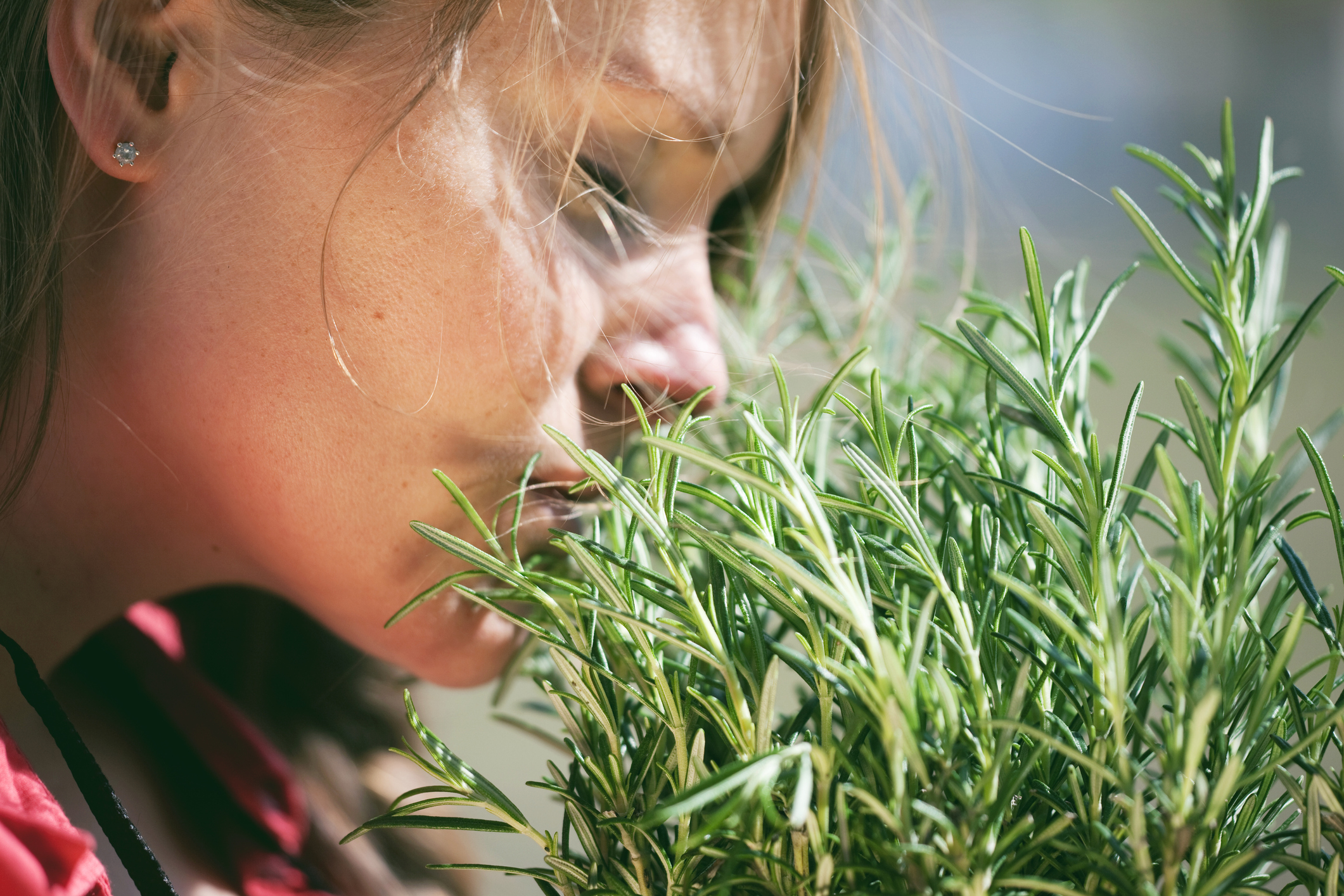

It started, as so many things do, with a roasted grouse. Harold McGee, the genial, self-effacing author of culinary classic On Food and Cooking, had been in London to meet up with Heston Blumenthal. ‘It was a fascinating couple of weeks,’ he says from his home in San Francisco. But, despite varied adventures with the culinary avant-garde, the lunch that he remembered most was his first grouse at St John, that white-walled temple to carnivorous delight in East London.
‘I expected to enjoy it,’ he writes in his latest book, Nose Dive, a scintillating ‘Field Guide to the World’s Smells’. But he didn’t expect that first bite to leave him speechless. ‘I was completely absorbed, first by intense sensation — a meatiness that was almost too strong to be pleasant, and edged with bitterness — and then by confused emotion.’
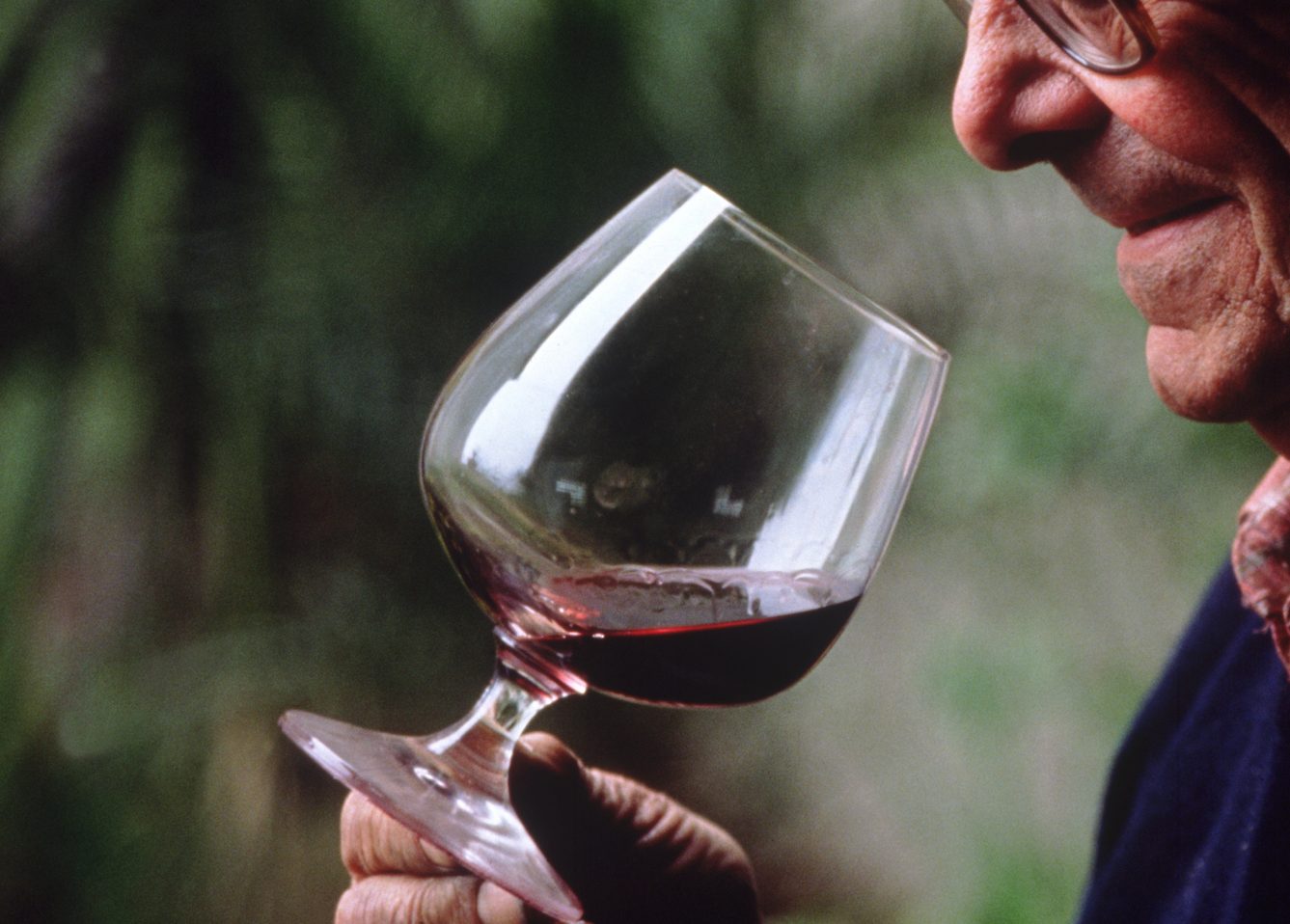
He smiles and tells me it got him thinking ‘about the power of flavour, to really affect you… opening your mind to new possibilities and new experiences’. And the power of smell itself.
So he launched himself into a fascinating nasal odyssey, through ‘an invisible nimbus of flying molecules, countless specks of matter launched into the air we breathe, whizzing at highway speed’. It’s a world he calls the ‘osmocosm’, from osme, the ancient Greek for ‘smell’ or ‘odour’. Because ‘smell is the bridge between our experience of foods and our experience of the larger world. Smell gives us detailed information about what’s around us or about to be swallowed’.
Most of us can map our lives through aroma, bouquet or nose; the whiff of dirty nappies and talcum powder’s soft burr; Vosene, pencil shavings and overcooked cabbage; the essence of new car and the tang of the diesel train; the umami warmth of roasting chicken and apple crumble’s sweet balm; fag smoke, spilt beer and the cloying kick of cheap scent; horse manure, old leather and Wellington boots; wild garlic, freshly cut grass and blossom; sunburnt skin, melting tarmac and Pimm’s.
All are unmistakable and all affect us deeply, as smell is most certainly the most evocative of the senses.
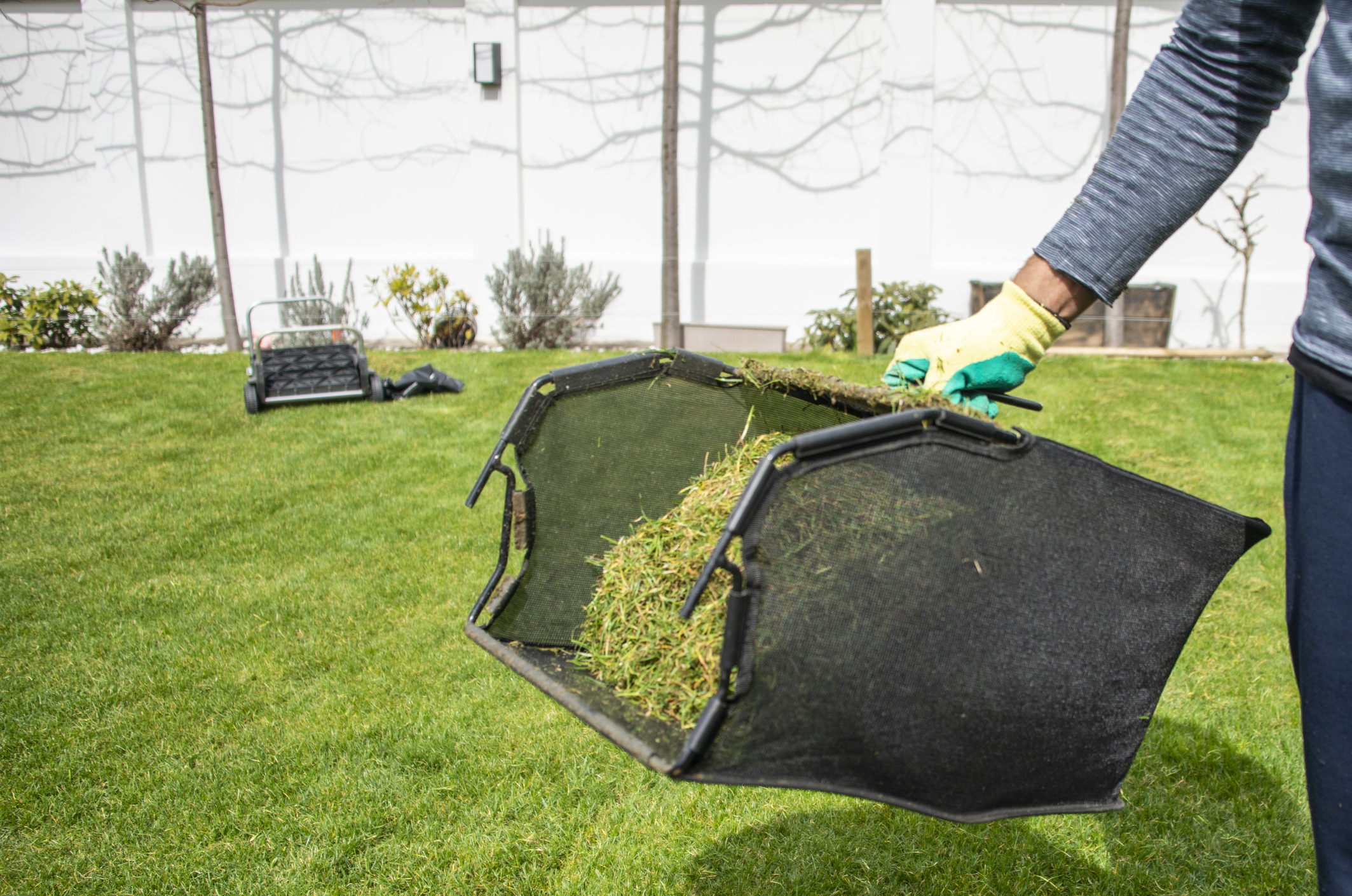
Mr McGee agrees. ‘If we’re walking down the street and we smell someone cooking dinner, we have to imagine what’s going on. That puts our brain into overdrive to make the connection and make sense of the impression it’s making.’ He argues that, whereas sound and vision are eternally switched on, smell is ‘episodic’ and too often ignored.
Sign up for the Country Life Newsletter
Exquisite houses, the beauty of Nature, and how to get the most from your life, straight to your inbox.
Yet our reaction to smell is primal, unconscious and instantaneous, capable of stopping a person dead in their tracks, transporting them back in time to a very specific place. The turgid, grease-heavy whiff of cheap mince immediately whisks me back to the dining room of my prep school; the joyous scent of garlic softly fried in butter spirits me to the home kitchens of my youth. Warm, vinegar-damp paper, and the earthy fug of just-fried potatoes, will never cease to invoke childhood chip-shop joy.
‘It’s the one sense most directly connected to the brain,’ explains Mr McGee. ‘And it’s connected most directly to those parts of the brain that are the oldest and that are involved in making snap judgements. Is this good or is this bad? Is this delicious or is this disgusting? It also delves directly into our database of past experience, very quickly retrieving which ones are relevant to that precise moment.’
Because, at its most basic, our sense of smell keeps us alive. As that great gourmand Jean Brillat-Savarin points out in The Physiology Of Taste, ‘For unknown foods, the nose acts as a sentinel and cries, “Who goes there?”’ The nauseous pong of rotten fish, the fetid reek of spoiled meat. The nose is the first line of defence, telling us to keep the hell away.
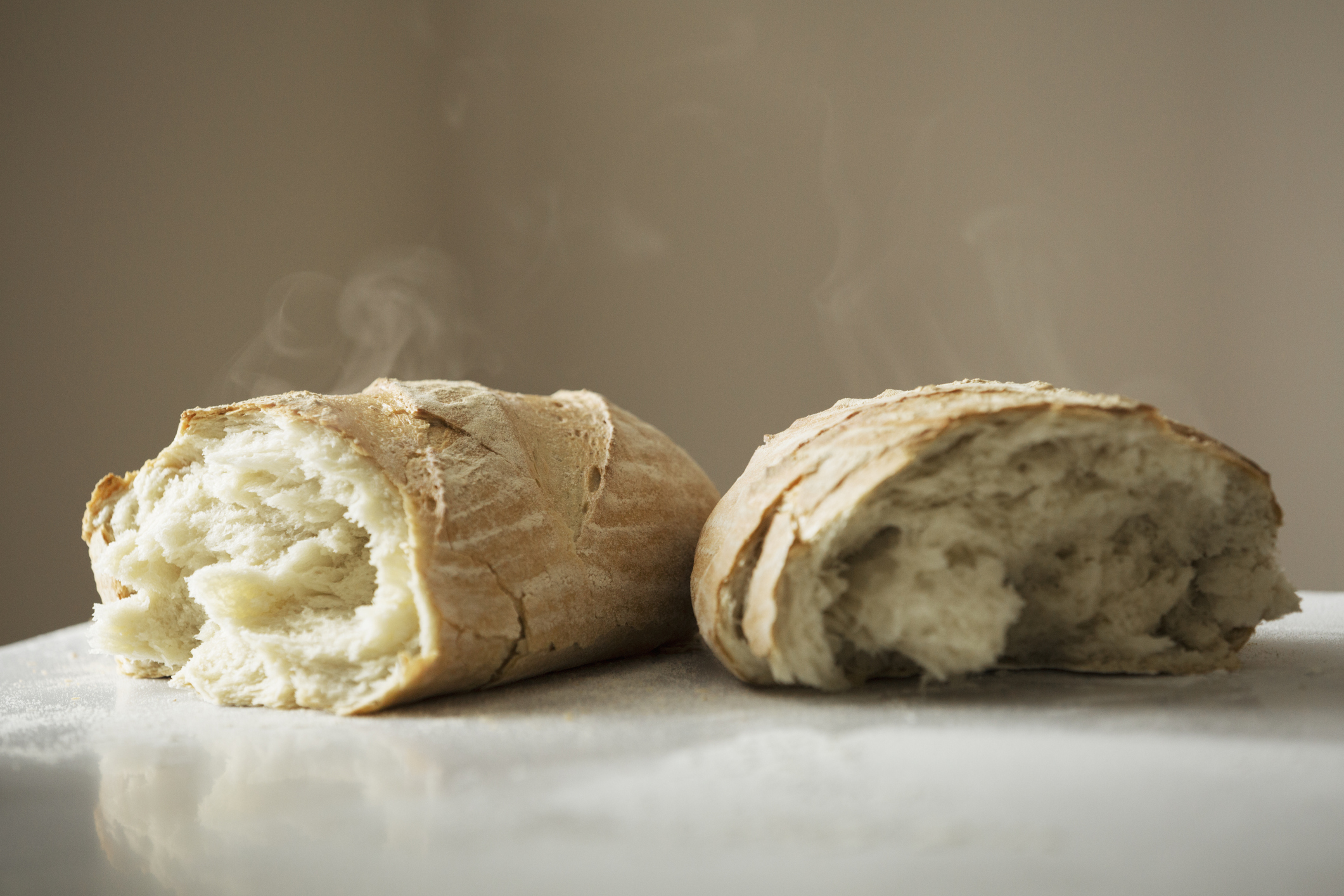
‘In the case of smell,’ Mr McGee expands, ‘we’re actually taking little bits of the material world into us and registering what’s there. And that has been important to living things from the first cell. To know what direction to swim in to get food, what direction to swim away from to avoid getting poisoned. It’s absolutely fundamental to life.’
Scent is also a way of attracting attention. Take the wannabe Lothario, splashing himself with Brut. Or the truffle, buried a few inches under the ground. These tubers want to be found when ripe, to pass on their spores. But, because they don’t sit in the direct path of any passing boar or squirrel, they have to signal their presence by pumping out a constant, heady and often sulphurous stink that can permeate the soil and hang around a while, too.
Durian, a tropical fruit so noxious that it’s actually banned on Singaporean public transport, works its charms in a similar way. I love the peppery, sweetly complex taste, a sort of extreme roller coaster for the taste buds. Although I’m not quite so keen on its three-day, rotten-cadaver stench. ‘When you enjoy something that is really intensely flavourful like a durian, it’s always wonderful to wonder and picture it in its natural home and imagine what’s going on there, and why it has to make the impression that it does,’ ponders Mr McGee.
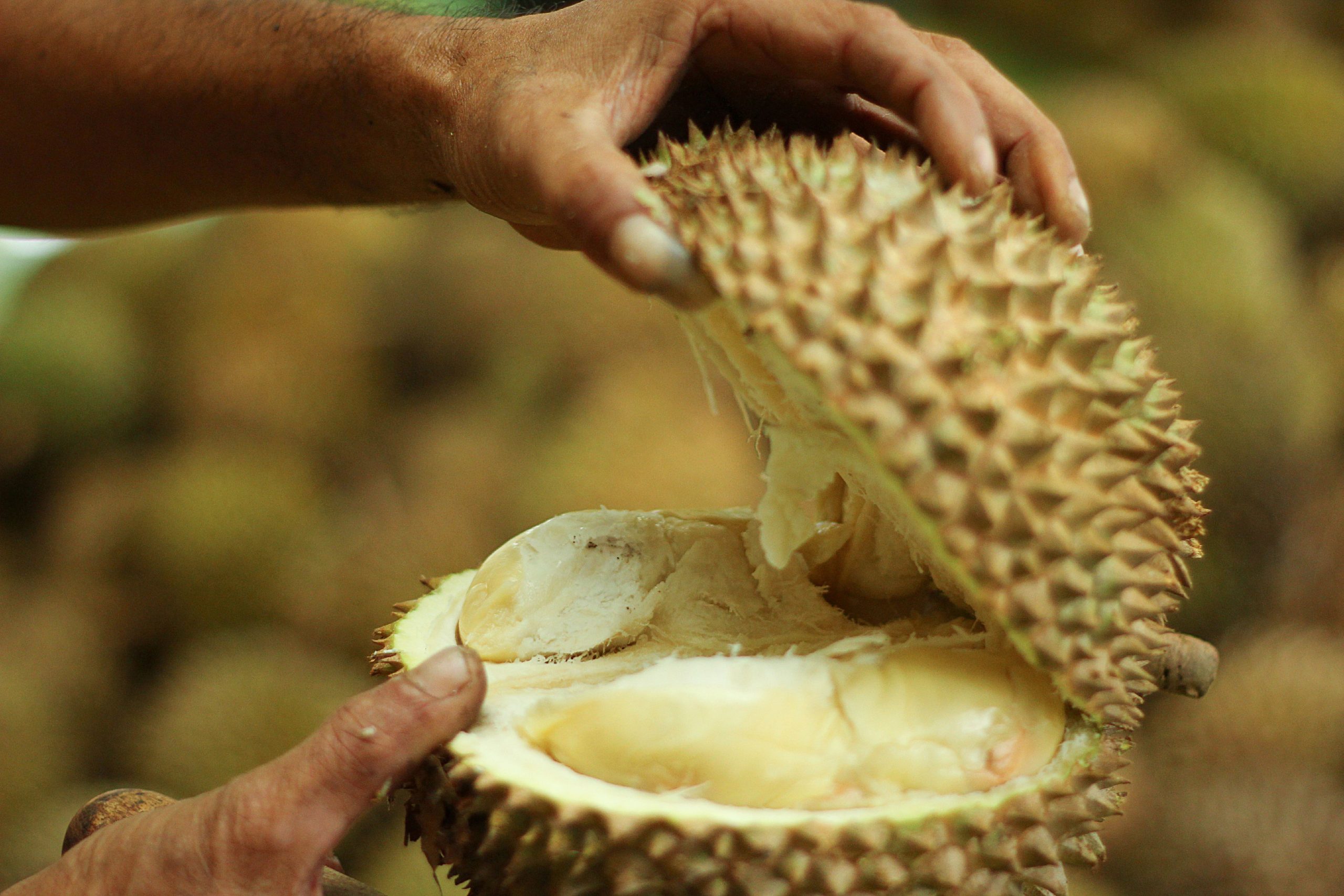
‘It was fascinating to find these passages from botanists in the 19th and early 20th centuries going out into the jungle and taking a census of all the animals that come to feed on that one particular fruit.’ Nature never ceases to impress.
Whether sweetly perfumed or malodorously overwhelming, a world without scent is not merely dull, but downright dangerous. It’s essential to puritan and sybarite alike, both siren call and warning shot.
As to the best smell of all? Some may say jasmine or tuberose, others frying bacon or simmering beef stew.
For me, there’s only one choice. Bread. As food writer M. F. K. Fisher so rightly says: ‘The smell of good bread baking, like the sound of lightly flowing water, is indescribable in its evocation of innocence and delight.’

Curious Question: Could the world’s smelliest fruit soon charge your phone?
Martin Fone dives into the world of pongy fruits and discovers why durian could be at the charging end of
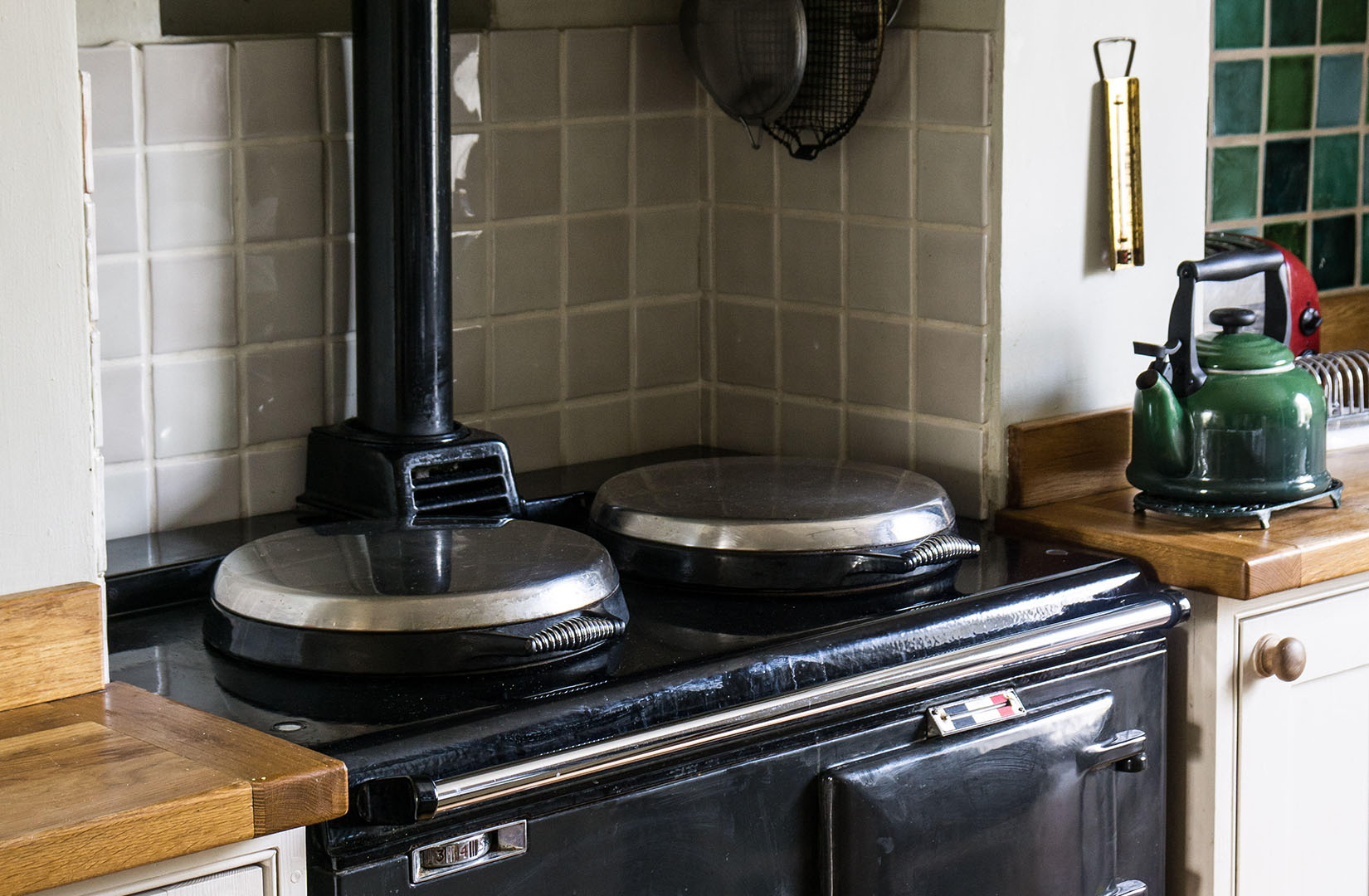
Credit: Alamy
Jason Goodwin: 'In a regimented, digital world, where everyone seems to be selling something, yeast and bacteria are free and wild'
Jason Goodwin discusses kombucha, the deceptively foreign-sounding tea-based drink, among other weird and wonderful things produced by home fermentation.
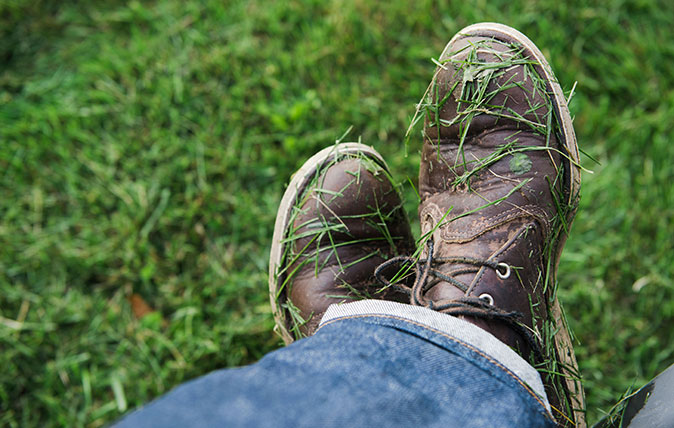
Credit: Alamy
Curious Questions: Why does freshly-mown grass smell so good?
Nothing says 'Spring is here' better than that wonderful aroma of newly-cut lawn. Martin Fone, author of 'Fifty Curious Questions',

Curious Questions: Why aren't there any measures for smell and taste?
Modern humans meticulously measure everything from the widths of atoms to primary school exam results, but have no equivalent for

Curious Question: Why does the air smell so good after it's been raining?
That wonderful scent in the air when the rain stops falling has entranced people since the dawn of time —
Tom Parker Bowles is food writer, critic and regular contributor to Country Life.
-
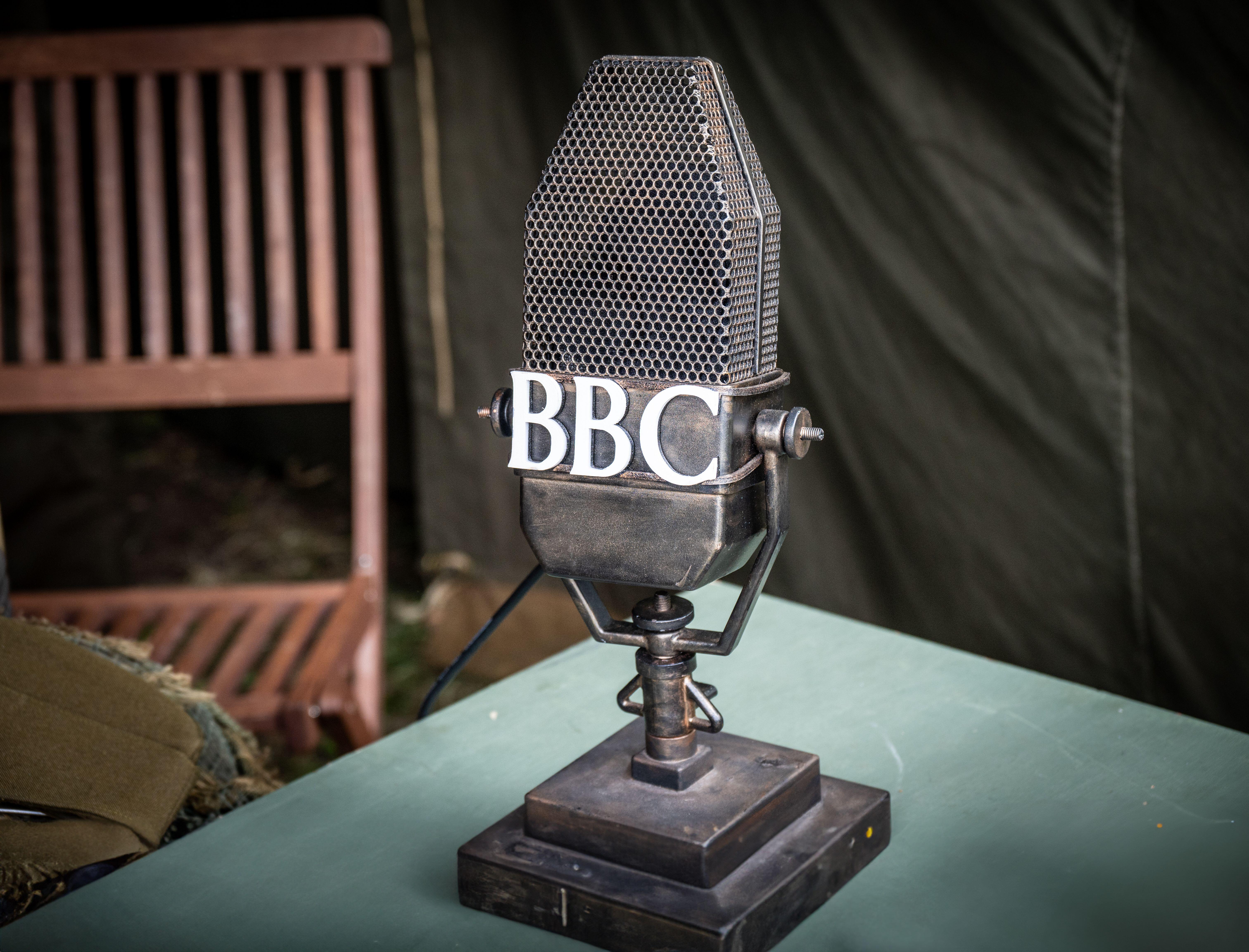 Curious Questions: What is the greatest April Fool's prank ever played?
Curious Questions: What is the greatest April Fool's prank ever played?As April 1 looms, Martin Fone tells the tale of one of the finest stunts ever pulled off.
By Martin Fone
-
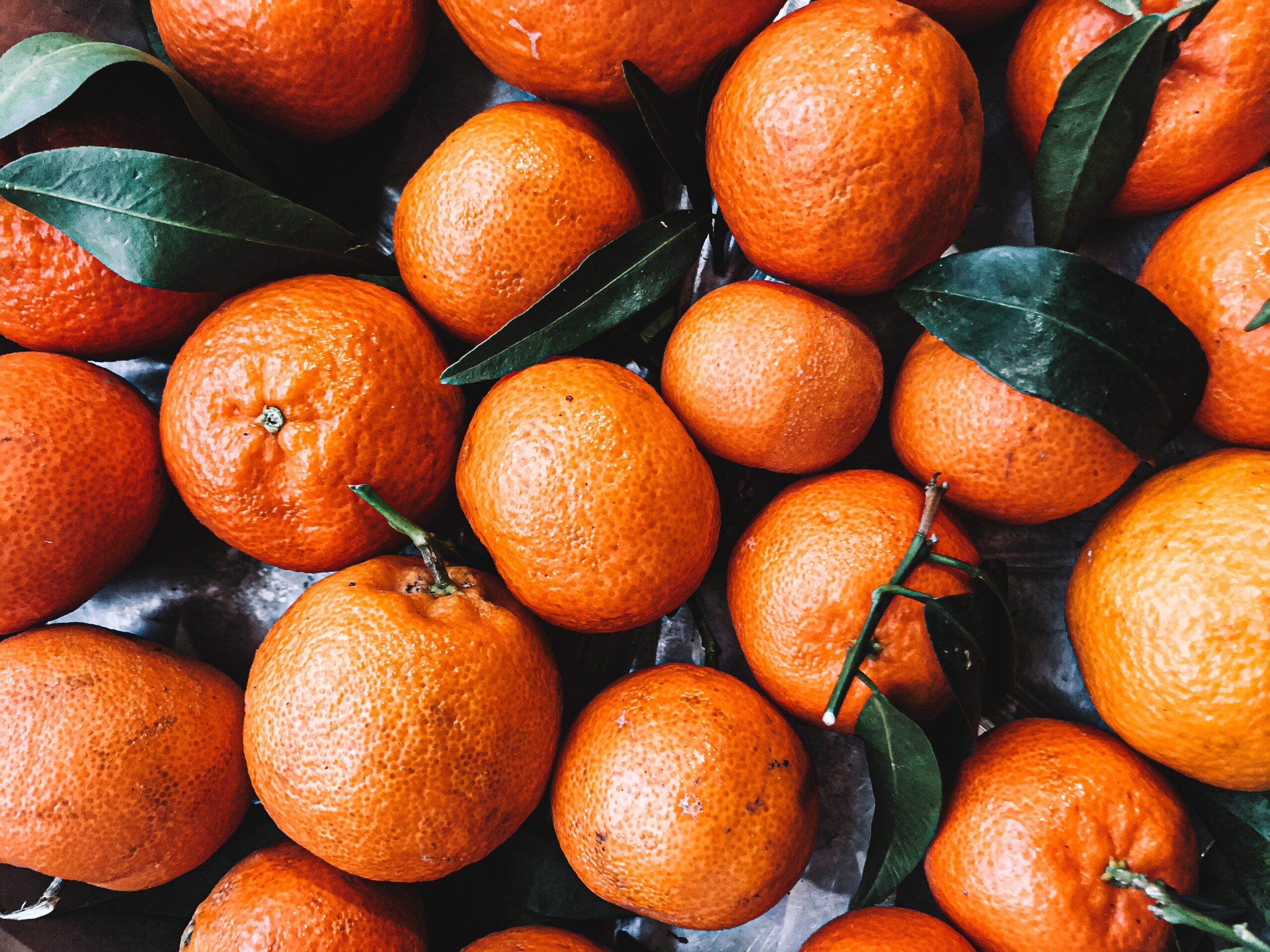 Curious questions: Why do we use Seville oranges to make marmalade?
Curious questions: Why do we use Seville oranges to make marmalade?Why do we use Seville oranges to make marmalade when there are more than 400 other varieties available worldwide? And do they really make the best preserve? Jane Wheatley investigates.
By Jane Wheatley
-
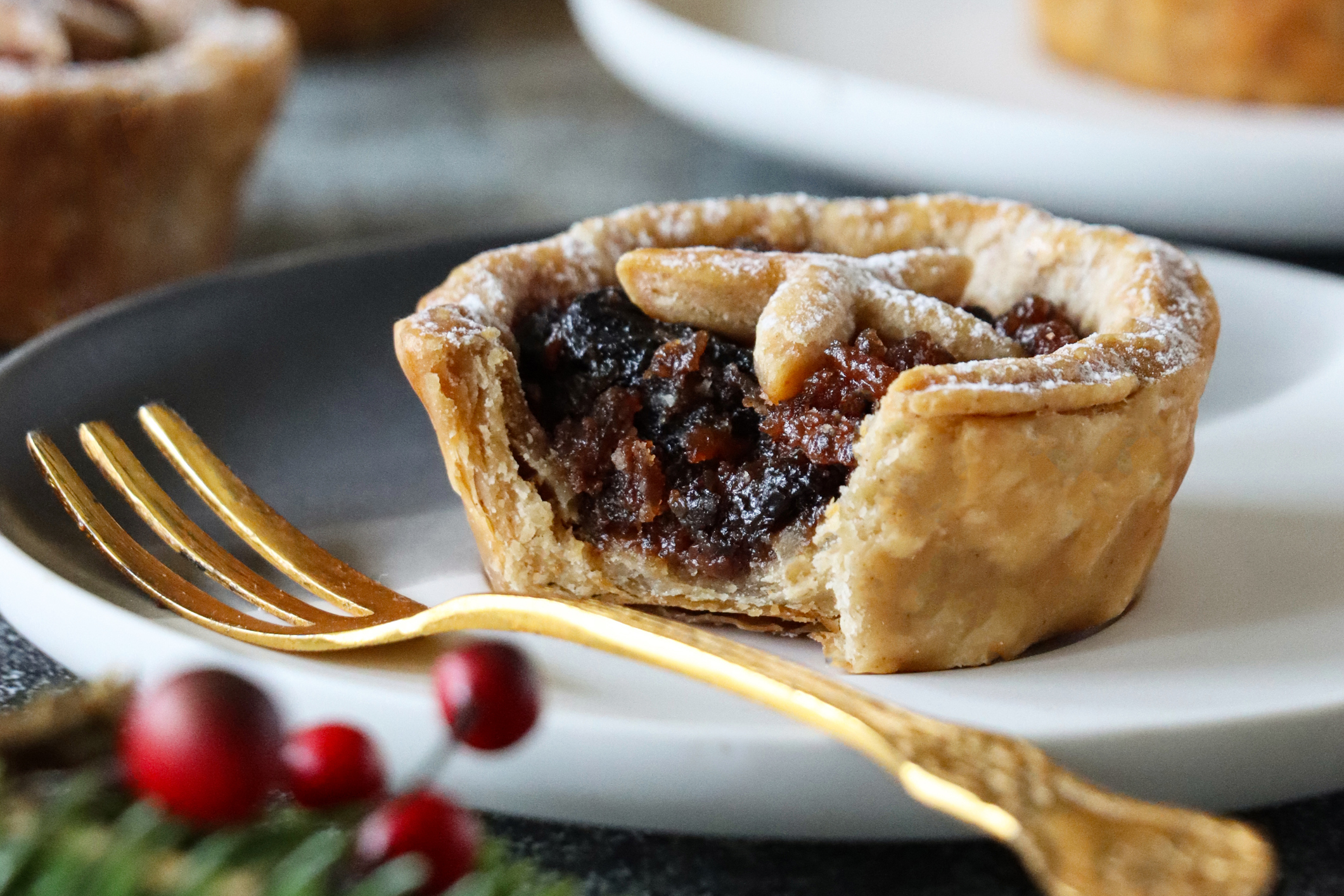 Mince pies really did once contain meat — and this Victorian recipe will convince you that they should to this day
Mince pies really did once contain meat — and this Victorian recipe will convince you that they should to this dayOnce packed with meat, such as ox tongue and mutton, alongside dried and candied fruit and extravagant spices, the mince pie is not what it once was — and food historian Neil Buttery says that's made them worse.
By Neil Buttery
-
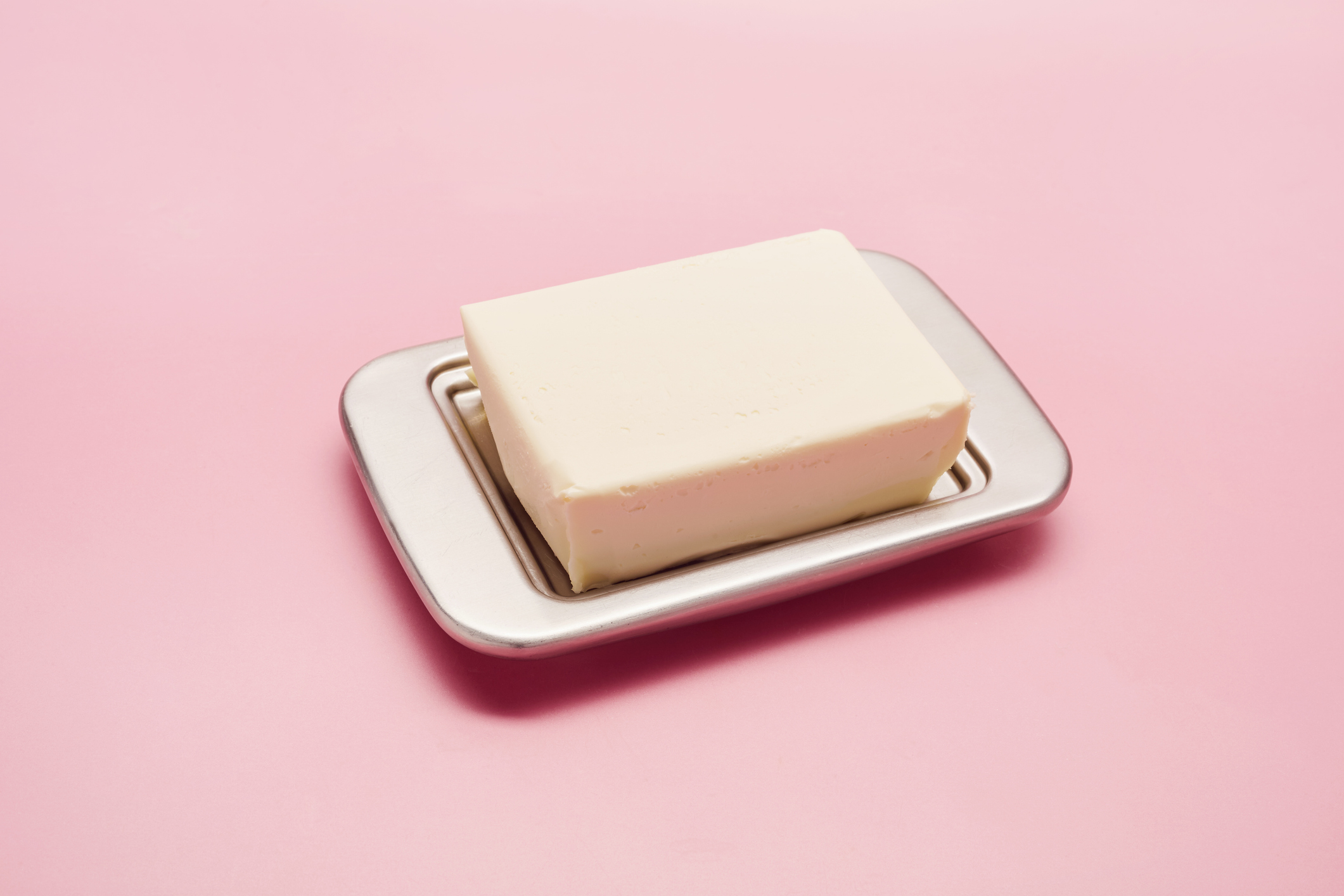 Curious Questions: Margarine used to be pink — but why?
Curious Questions: Margarine used to be pink — but why?Margarine has been a staple of our breakfast tables for over a century, but it hasn't always had a smooth ride — particularly from the dairy industry, who managed to impose a most bizarre sanction on their easily-spreadable, industrially mass-produced rival. Martin Fone explains.
By Martin Fone
-
 Curious Questions: Wine has been made in Britain for over 1,000 years — so why have we only just turned it into an industry?
Curious Questions: Wine has been made in Britain for over 1,000 years — so why have we only just turned it into an industry?With the UK wine industry booming, Martin Fone takes a look at its history.
By Martin Fone
-
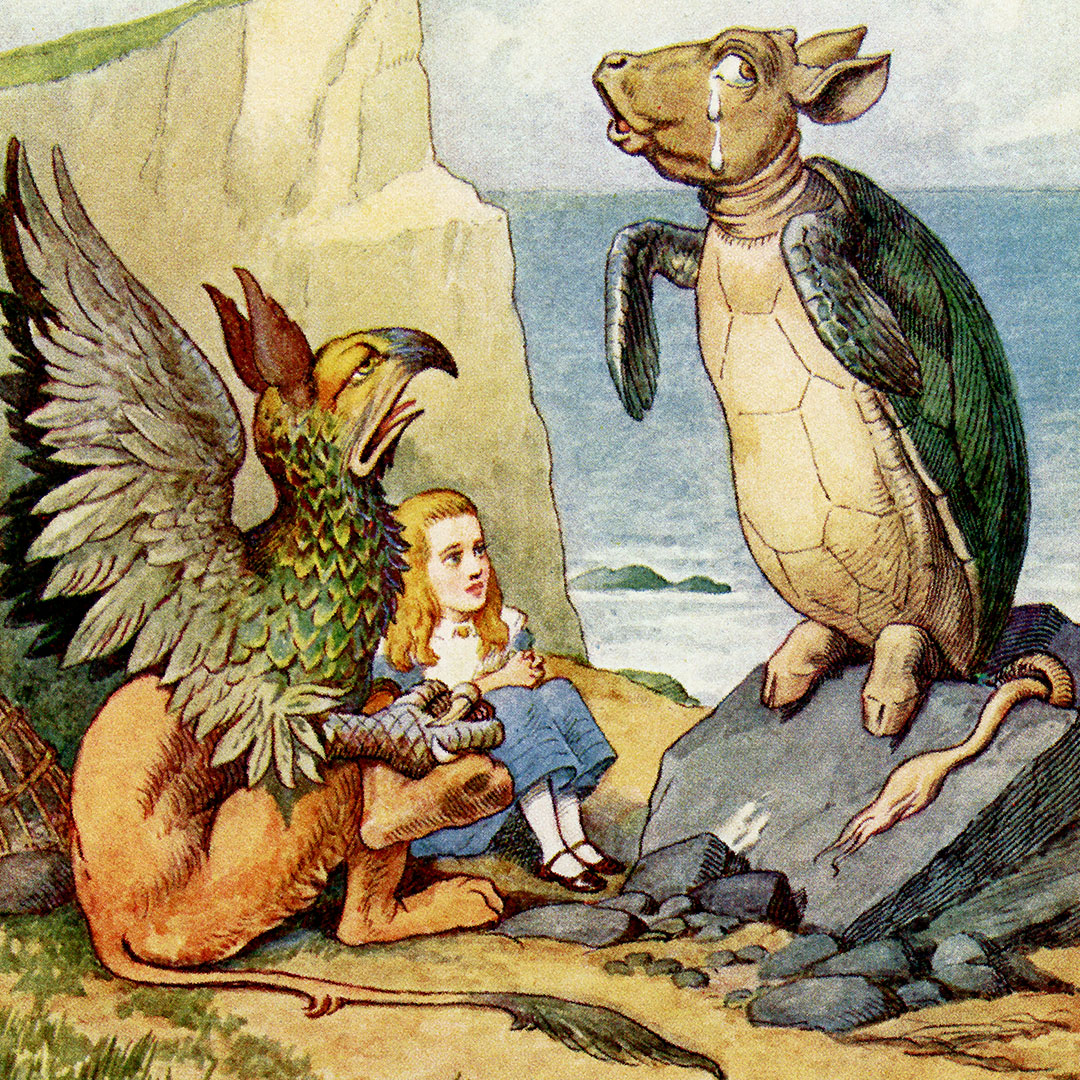 Curious Questions: What is mock turtle soup? And did it come before or after 'Alice in Wonderland'?
Curious Questions: What is mock turtle soup? And did it come before or after 'Alice in Wonderland'?Martin Fone delves into the curious tale of an iconic Victorian delicacy: mock turtle soup.
By Martin Fone
-
 A game of two halves — how the sandwich went from humble fare to a country-wide lunchtime obsession
A game of two halves — how the sandwich went from humble fare to a country-wide lunchtime obsessionWhat started life as a way to eat and play cards at the same time (so the story goes) is now the lunch of choice for the working world.
By Emma Hughes
-
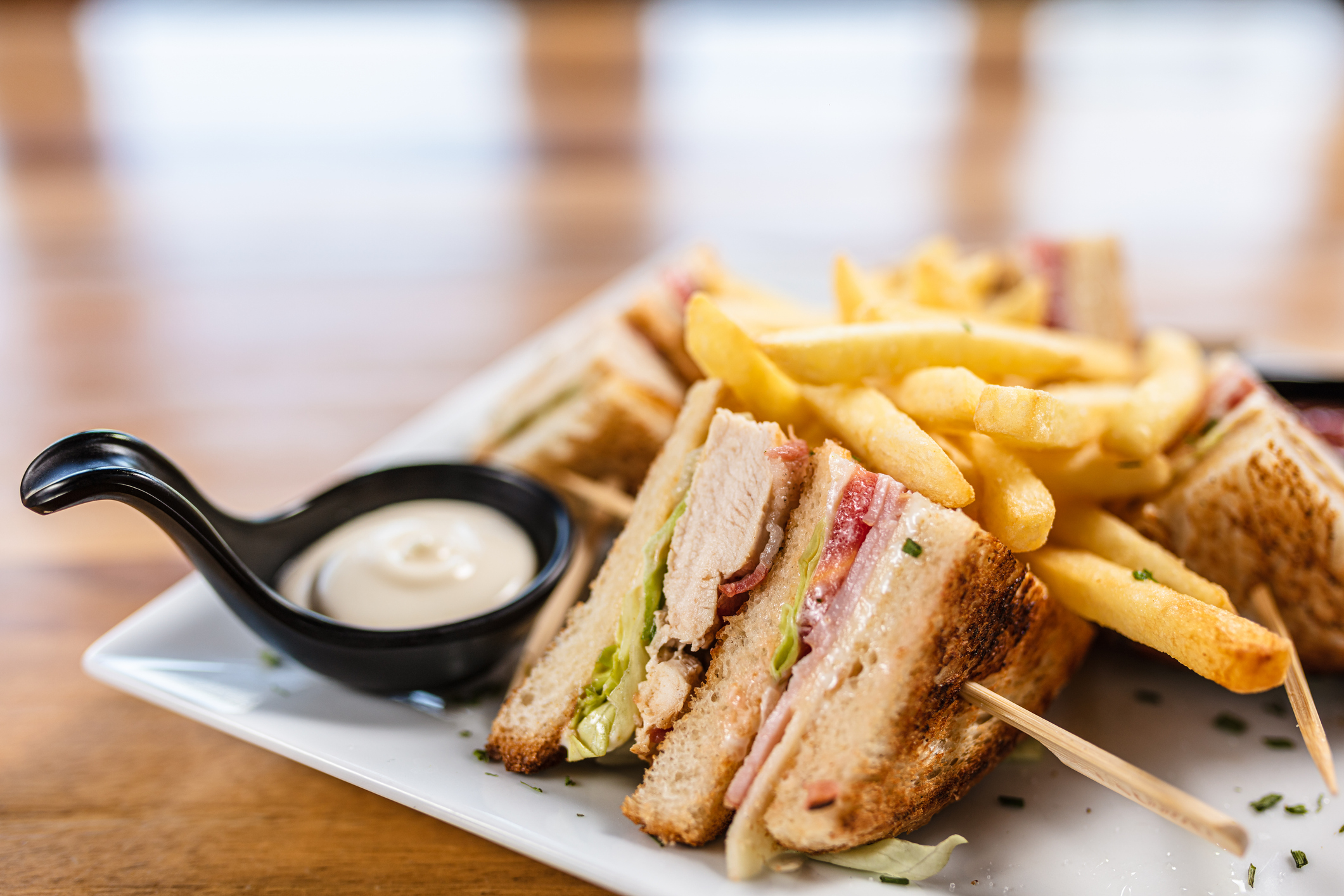 Where to find the world's best club sandwich — and the story of this triple-layered paean to poolside delight
Where to find the world's best club sandwich — and the story of this triple-layered paean to poolside delightThe club sandwich, arguably the most famous of all sarnies, is a poolside staple, but its origins are tricky to trace, says Tom Parker Bowles.
By Tom Parker-Bowles

